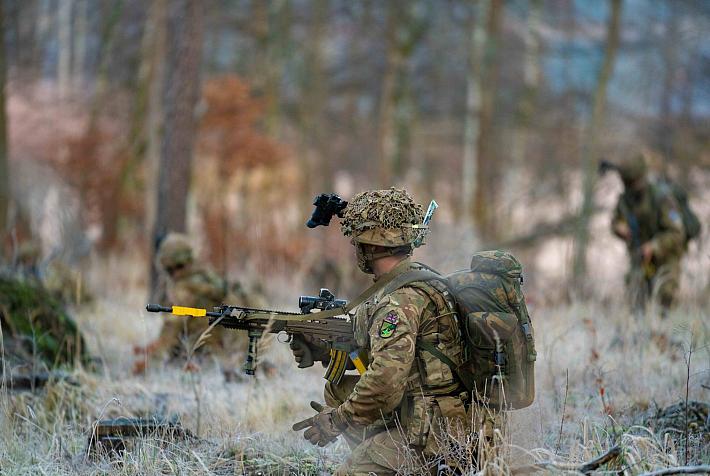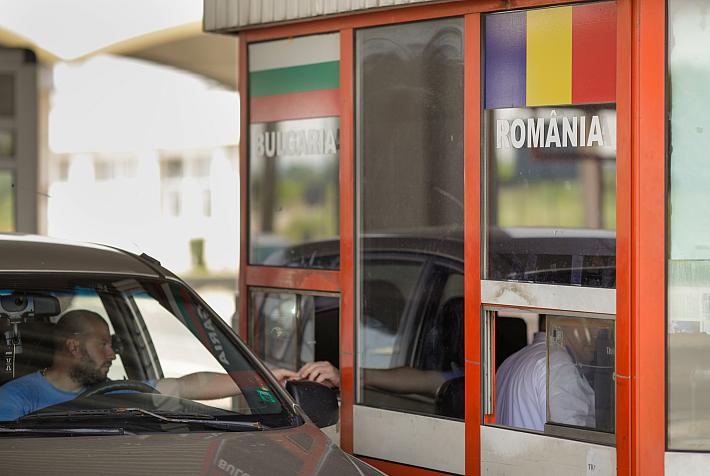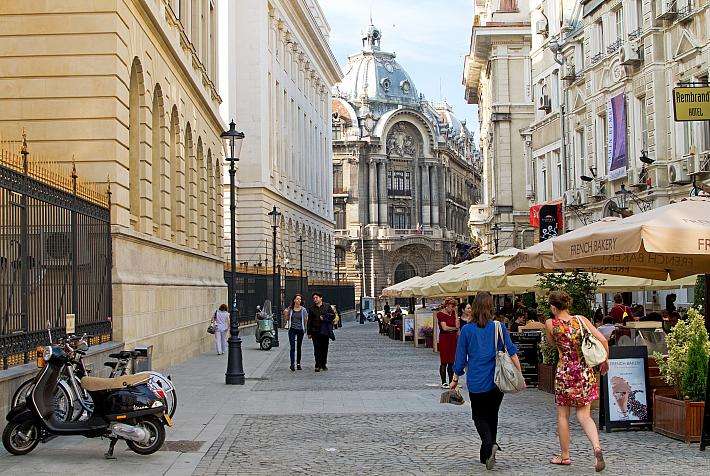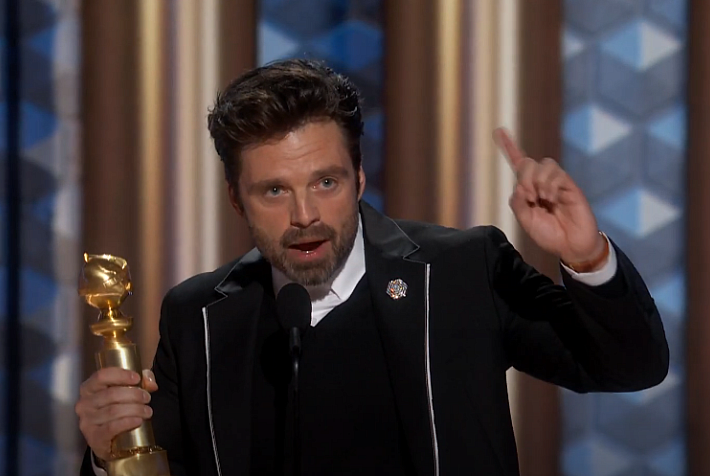Romanian film review – Realities and revelations: One World Romania

Seeing one good film a day makes a festival-goer more than happy but seeing several brilliant ones every day is a blast. And this is just what One World Romania was this year, as every year: amazing.
The international documentary film festival dedicated to human rights has just celebrated its eights edition from 16 to 22 March in Bucharest. Screening big productions, with numerous festival awards under their belts (the shattering Sudan-themed We Come as Friends or the multi-discussed Snowden film Citizenfour) and smaller movies (like Tiha Gudac's Yugoslav gulag pic Goli/Naked Island), the festival tries to cover the most pressing issues in contemporary society in terms of human rights and discrimination. It is an ambitious undertaking and its global scale is cleverly flanked by relevant local aspects.
The Romanian and Romania-themed entries were all very good this year. I enjoyed the discrete approach in Alexander Nanau's Toto și surorile lui/Toto and His Sisters, about a young Roma boy struggling to get by while his mother is in prison, and the heartbreaking Outside, a film that starts on an optimistic note and tightens the screws on its protagonist who is released from prison after twenty years and finds himself struggling for survival in a society poorly equipped for reintegration.
My personal highlights were Waiting for August, a terrific doc about children left behind when parents work abroad, and the second installment of short films produced by production studio Alexandru Sahia. The former is a wonderfully moving look at a teenage girl raising her five younger siblings while her mother works in Italy. What could have become a depressing film turns into an uplifting charmer despite its gritty subject and heartbreaking moments. Tender and wise, Waiting for August is by far one of the best documentaries I've seen in the last years.
The latter, a collection of short films from one of the main production studio of the communist era was a revelation. I expected more or less 'pure' propaganda and got much more: cinematic experiments, hilarious moments of absurd humour and a jaw-dropping criticism of the system, thinly disguised as comedy or social observation. Founded in the 1950s, Sahia was the only studio for documentaries, with great technical means, but also very much in line with the socialist values of the time and has such grown to have a negative reputation after 1989, when it more or less stopped working. What this selection shows is not only that its archives are valuable historically and film-wise, but that its films are so much more than just socialist propaganda and artistic or political compromise. The archive selection premiered last year and each festival edition brings a new selection, accompanied by a DVD.
A festival for human rights also requires to talk about them and all screenings were followed by discussions between the audience and the filmmakers or experts on the particular topic. They were, without exception, no-nonsense, focused and very enjoyable. Anyone who attends festivals regularly knows what a blessing a good film talk can be, to put it mildly.
Fascinating and eye-opening, One World Romania has become one of the most important events of the year and, judging by the exhilarated reactions I've witnessed, among everybody's favourite film fests. Its films, discussions and 'realities' linger in one's mind long after its ending. 'Expanding one's horizon' and 'learning' are such clichéd terms to use but this is exactly what One World encourages and it is a vital presence in a country struggling with quite a few issues in the human and civil rights department, not to mention the field of documentary cinema.
By Ioana Moldovan, columnist, ioana.moldovan@romania-insider.com
(photo: One World Romania on Facebook/photo by Ionut Dobre)
[embed
width="560"
height="315"]
https://www.youtube.com/watch?v=L4zttDjWHT4
[embed]












